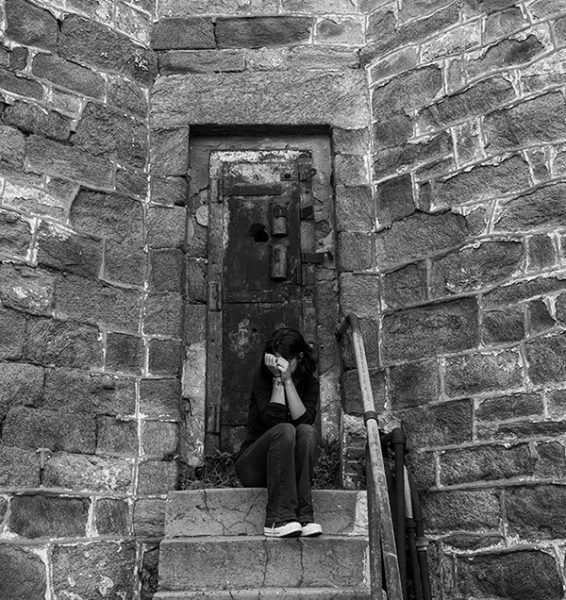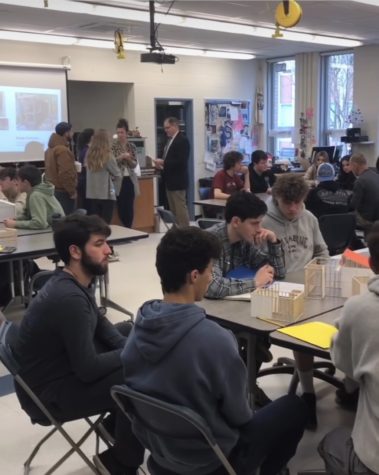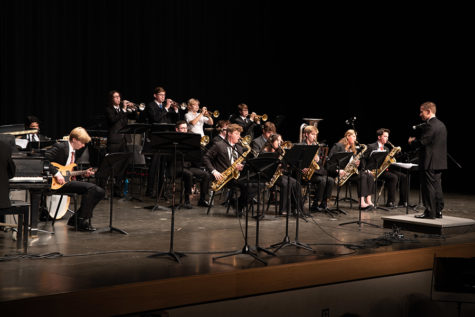COVID-19’s Impact On The Amusement Park Industry
May 8, 2020
As schools, jobs, and entire companies begin to shut down because of the recent Corona outbreak, one is left to wonder how much of an impact is left upon the world’s varying industries. Although the said impact of the pandemic can be felt within society everywhere, it’s especially prominent within the amusement park industry. Considering how important guest attendance is to annual revenue sales for many leading companies such as Disney, Universal, and Six Flags, it seems that the future of said companies is uncertain and it’s tough to accurately predict the hindrance the pandemic has caused upon the industry. However, looking at things such as closures of parks, construction cancelations, and downward trends in budgeting can help to indicate which companies can recover from the outbreak, and which can’t.
Of all of the leading amusement park companies, the two that usually come to mind are Universal Studios and Walt Disney World. The rivalry between the two competitors caused pressures upon each company to expand and improve their parks to the fullest to gain more popularity and revenue, but with the closure of both parks, what’s to come of their rivalry? On Disney’s side of the spectrum, CEO Bob Chapek has announced they have halted all construction and entry into the park.
This is especially significant considering the Disney World park in Florida will be reaching its 50th anniversary as of October next year. In preparation for the monumental event, there were expected to be 50 total new additions to the park in time for the slated anniversary, but because of the cancellation of construction, many of those projects will be canceled. Projects that were started months ago were slated to release later this year, (such as the extensive Epcot refurbishment or the Tron roller coaster coming to the Magic Kingdom) have had their openings pushed back, while others are being canceled altogether.
In complete contrast, Universal Studios’ construction crews have continued work on their newest additions to the park, including the new fifth park, titled Epic Universe. According to CEO and chairman Tom Williams, “Our construction projects all around the globe [will] remain active and on track under protocols established by government officials and with their support.” This message from Williams seems to imply an increased caution requirement regarding the construction crew’s safety and an immense amount of talk with government officials to be able to continue the project.
Regarding smaller parks, such as Six Flags, Hershey Park, Cedar’s Point, among many other local parks, the chances of survival are very low compared to the leading competitors. While Disney and Universal have the advantage of being international franchises, the parks mentioned above either have one location, or multiple only in the States. With many of those mentioned above, it will be a struggle to push through the pandemic and gain back the revenue lost during this time due to many of their local parks being prime spots for the spread of the virus.
So what happens now? Is this the end of local theme parks forever? Will only the huge chains survive?
This is not exactly the case. While we cannot predict the future of theme parks worldwide with complete accuracy, we can theorize. At the very least, it’s inevitable that many of these chains will receive huge budget cuts and limits to occupancy once the quarantine slowly gets lifted. There will definitely be a huge revenue loss shown across all ends of the industry, as these parks, with normally thousands (if not, hundreds of thousands) of people roaming around, is naturally an easy target for the spread of the virus. At this time, all we can do is hope for the safety of the employees at the company and encourage the companies to take the necessary precautions to limit the spread of the virus as a whole.







